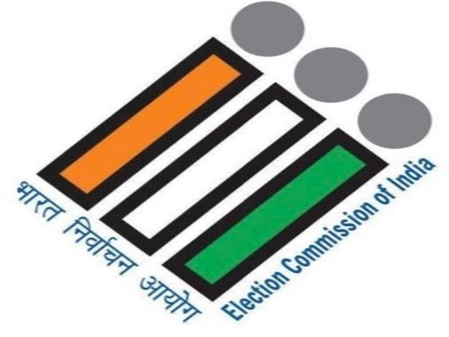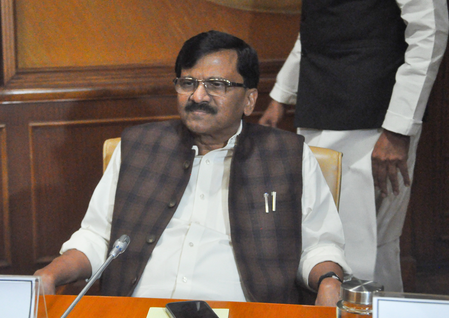
Hyderabad,3rd April 2024 : In a bid to address the challenges faced by gig workers operating in the transportation sector, particularly in the ride-hailing industry, a coalition of gig workers in Telangana has come together to demand uniform fares and stringent measures against illegal cab operators. This collective action highlights the pressing need for regulatory reforms to ensure fair working conditions and a level playing field in the burgeoning gig economy.
Gig workers, including drivers associated with various ride-hailing platforms, have long grappled with issues such as fluctuating fares, lack of transparency in pricing algorithms, and unfair competition from unlicensed operators. The absence of standardized fares often leads to discrepancies in earnings, leaving gig workers vulnerable to exploitation and financial instability.
By advocating for uniform fares, gig workers aim to establish a baseline for compensation that reflects the true cost of providing transportation services while ensuring a reasonable income for drivers. Standardized fares would not only enhance predictability for both drivers and passengers but also promote fairness and transparency in the ride-hailing ecosystem.
Furthermore, the demand for a crackdown on illegal cabs underscores the need for robust enforcement mechanisms to curb unauthorized operators who flout regulations and undercut legitimate businesses. Illegal cab operators not only evade regulatory scrutiny but also compromise passenger safety and undermine the integrity of the transportation industry.
The coalition of gig workers is calling upon the Telangana government and regulatory authorities to take proactive measures to address these concerns. This includes stringent enforcement of existing regulations, imposition of penalties on illegal operators, and implementation of mechanisms to ensure compliance with fare standards and licensing requirements.
Moreover, gig workers are urging policymakers to engage in dialogue with stakeholders to formulate comprehensive policies that safeguard the rights and interests of all parties involved in the gig economy. This entails striking a balance between fostering innovation and competition while upholding labor standards and consumer protection measures.
The outcome of these deliberations will have far-reaching implications not only for gig workers but also for the broader economy and society at large. A fair and regulated gig economy can contribute to job creation, economic growth, and improved access to services, while also promoting social equity and inclusive development.
As Telangana grapples with the challenges and opportunities presented by the gig economy, it is essential for policymakers to heed the voices of gig workers and work towards creating an enabling environment that promotes sustainable and equitable growth. By addressing the concerns raised by gig workers and implementing effective regulatory frameworks, Telangana can emerge as a model for responsible and inclusive governance in the digital age.








